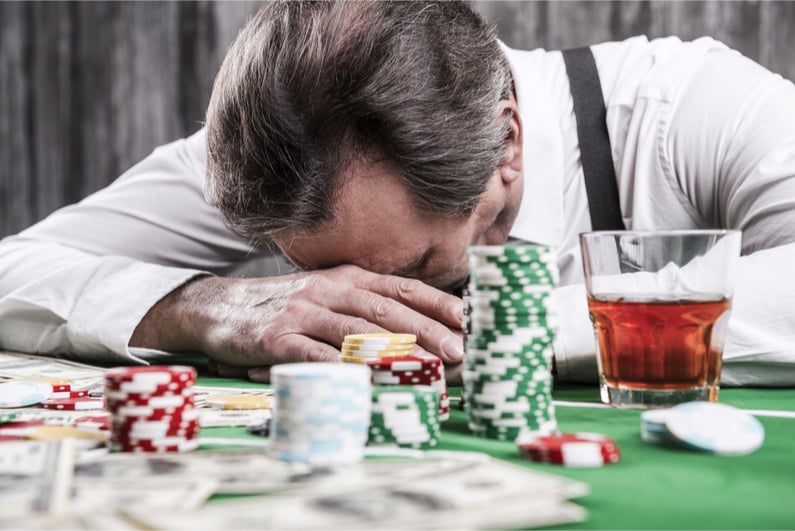30 seconds summary;
- Number of gambling addicts continues to rise
- UK gambling companies agreed to give 0.1% of their revenues to help treat gambling addiction
- However, they are constantly falling short with these donations
- There are calls to instead introduce a mandatory levy on these companies
Failure to comply
Addiction to gambling appears to be on the rise across the globe. It has never been easier to gamble thanks to the proliferation of different mobile and online gambling platforms.
Countries and regions continue to extend their gambling laws to make it easier to play certain games and place bets. Massive amounts of advertising promoting gambling are everywhere a person looks. They are inundated with pro-gambling ads at football matches, on social media, through email and by phone, for example.
This is why it is important that gambling operators take responsibility and help with both the treatment of addicts and increasing awareness of the problem.
Online gambling platforms, bingo halls and bookmakers in the UK agreed to provide 0.1% of their total revenues to GambleAware on a voluntary basis. GambleAware is the leading gambling addiction charity in the UK.
This deal was struck in 2007 when the Labour government deregulated the gambling sector. All parties were in agreement that GambleAware would administer these donations. However, GambleAware claims that many of them are failing to fulfill their side of an agreement to donate to its gambling addiction programs.
Funding shortfall
GambleAware now faces a shortfall in its funding, and its efforts to help problem gamblers will be diminished. The charity is now calling for a compulsory levy on gambling companies if they fail to fulfill their end of the bargain.
GambleAware has gone public on this issue following the publication of a government report on advertising and gambling machines. The department of culture, media and sport’s review calls for the reduction in stakes for fixed odds betting terminals, as well as some curtailments to gambling advertising.
One reason why GambleAware went public was because it had to notify the UK Gambling Commission, the industry regulator, that it is experiencing cash-flow issues. It could struggle to pay for vital services, including providing funding for the only dedicated gambling clinic in the UK.
GambleAware’s CEO March Etches commented on the voluntary contributions not being met. He said: “On this basis, GambleAware has determined that it would wish to see the introduction of a statutory levy.”
What happens next?
For the year ending March 31, 2017, the 0.1% donation would have seen GambleAware receive £13.8m. The charity would have been happy to accept £10m, which would have covered its costs across the nation. However, in the end it received only £8m.
GambleAware did receive some more donations in the following fiscal year, hitting £9.4m. This was just shy of its £10m target for the year.
However, with gambling companies earning large revenues and still failing to hit the donation requirements, GambleAware wants a mandatory levy to be brought in.
Tom Watson, deputy leader for the Labour Party said in 2017: “Bookies pay lip service to responsible gambling, but they aren’t doing enough to address the UK’s hidden gambling epidemic. It is now clear that legislation could be the way forward to force them to pay their fair share. Words are no longer enough.”
As the number of gambling addicts rises, so too do the costs of helping them increase. A second dedicated facility for the treatment of gambling addicts is shortly to open in Leeds.
With some gambling companies refusing to disclose their donations, it’s possible a name and shame policy could be brought in. This could be until a mandatory levy is imposed.
